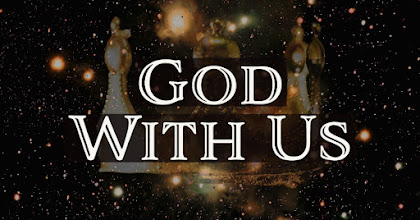Are The Meek Really Blessed?
.png)
One of my favorite moments in Monty Python's classic Life Of Brian, a not-so-subtle critique of organized religion, is when two of the main characters in the film stumble upon Jesus delivering the Sermon on the Mount. Unfortunately, they are so far behind the crowd that they can't hear what Jesus is saying, so they keep getting it wrong. Here's one of those exchanges from the script after Jesus declares, "Blessed are the meek." MAN #2: You hear that? Blessed are the Greek. GREGORY: The Greek? MAN #2: Mmm. Well, apparently, he's going to inherit the earth. GREGORY: Did anyone catch his name? MRS. BIG NOSE: Oh, it's the meek! Blessed are the meek! Oh, that's nice, isn't it? I'm glad they're getting something, 'cause they have a hell of a time. That scene cracks me up every single time I see it. To begin, it's gently poking at how we tend to romanticize the moments when Jesus taught the multitudes, and then it also hits pretty har...
.png)

.png)
.png)
.png)
.png)
.png)

.png)
.png)
.png)
.png)
.png)